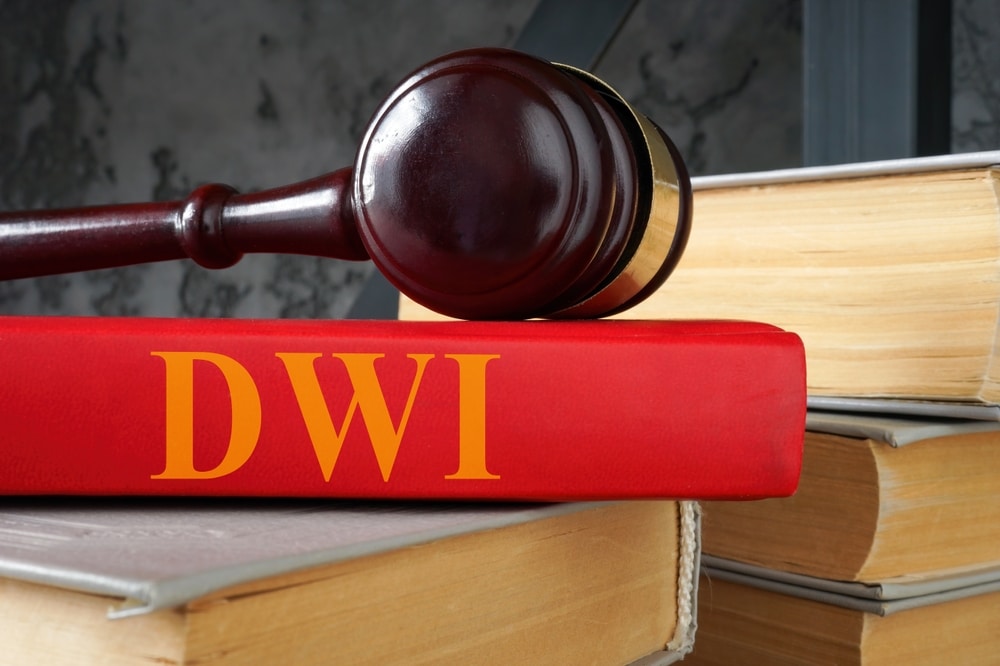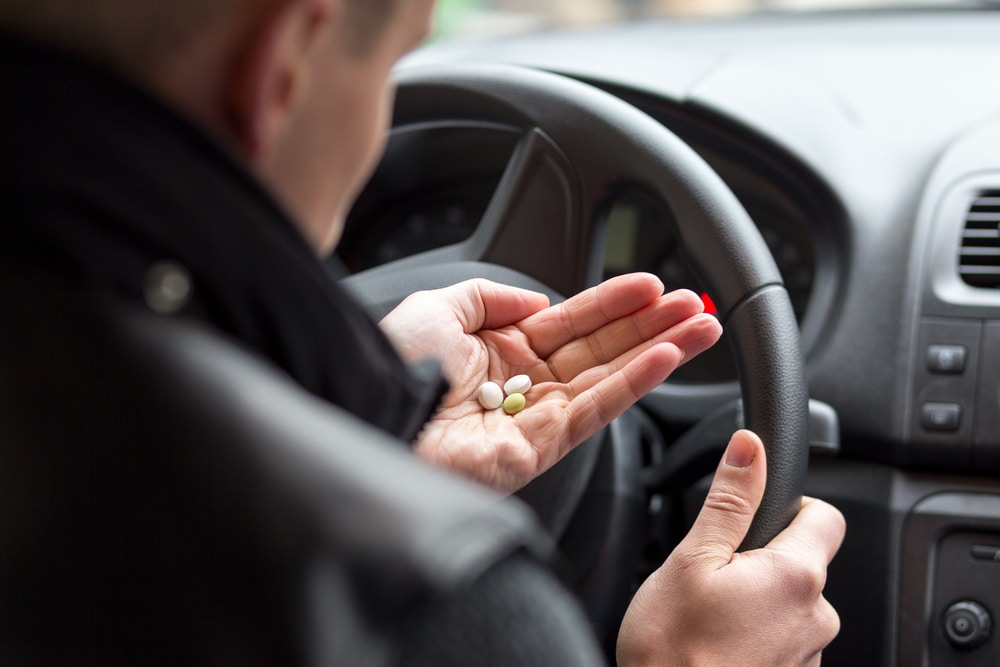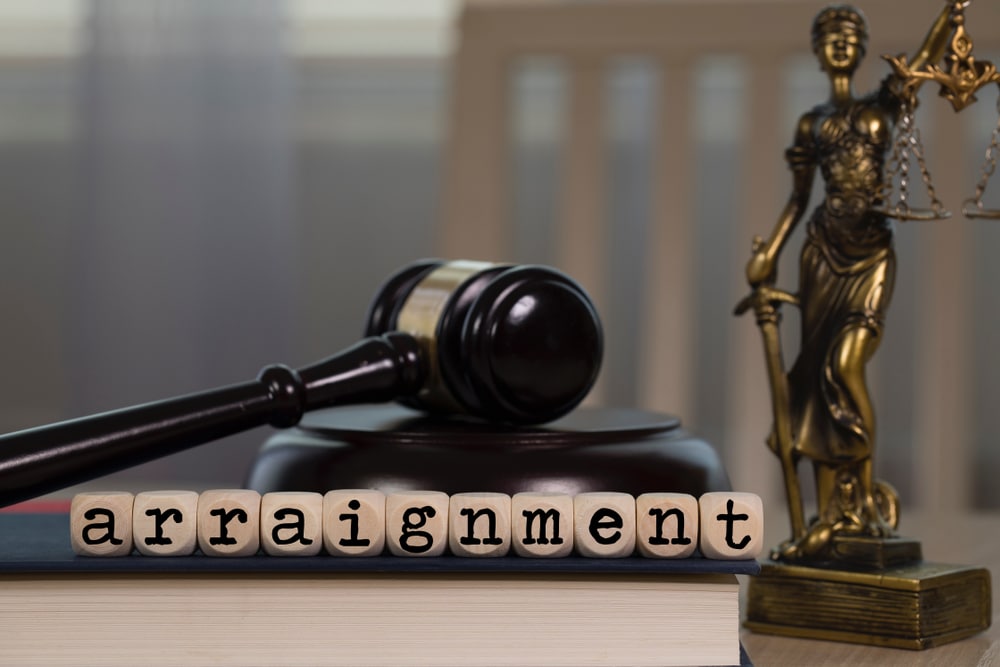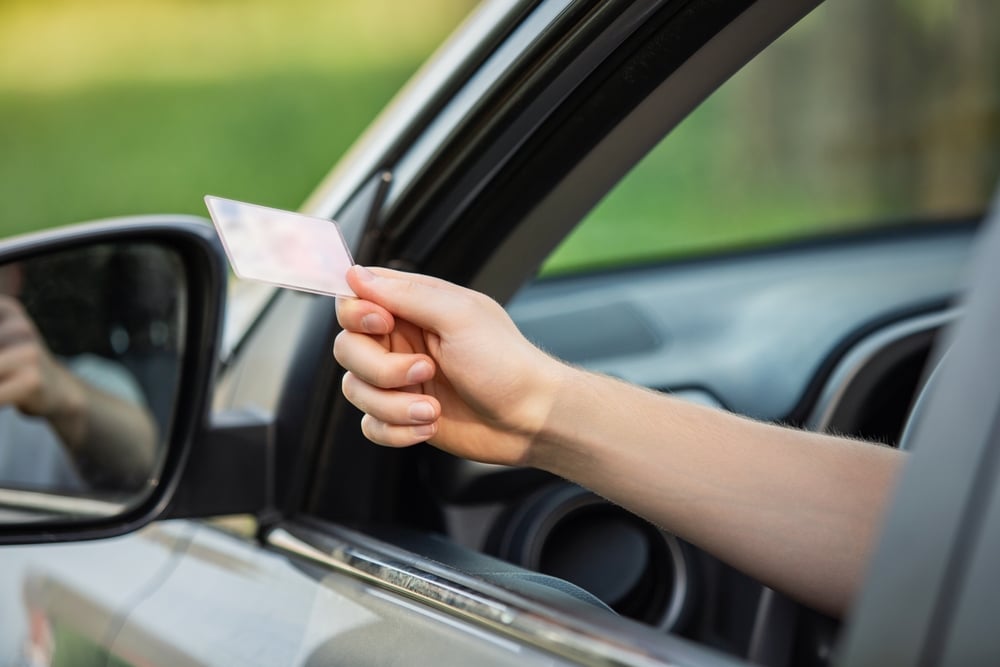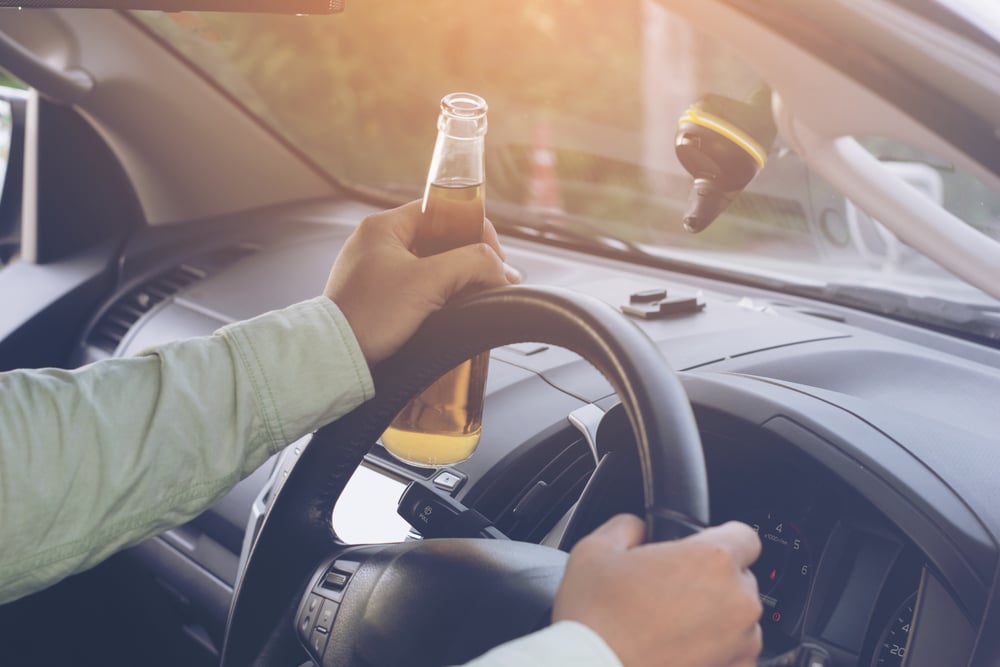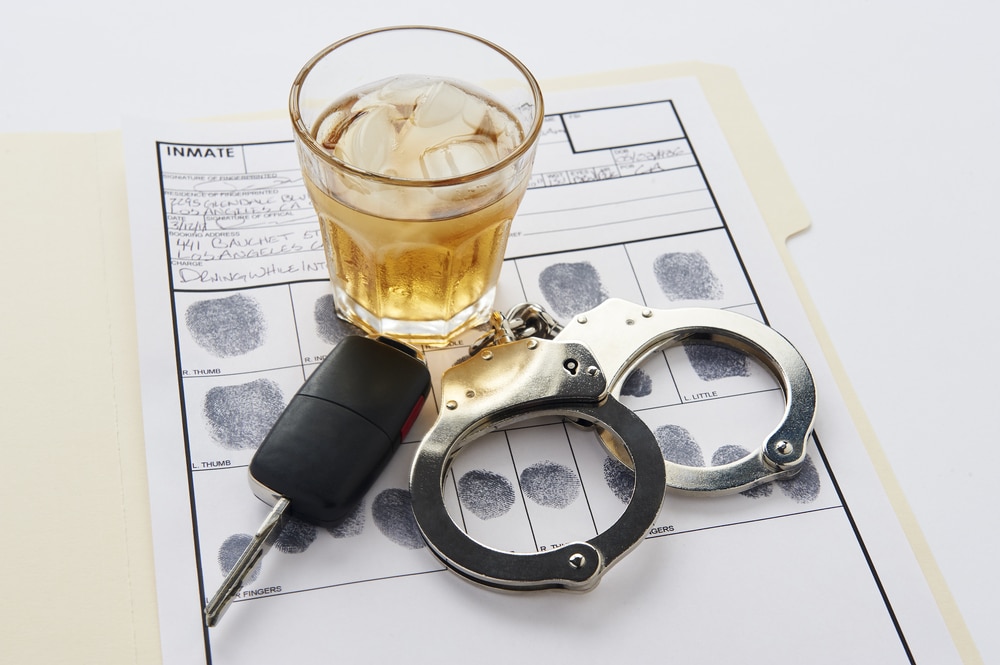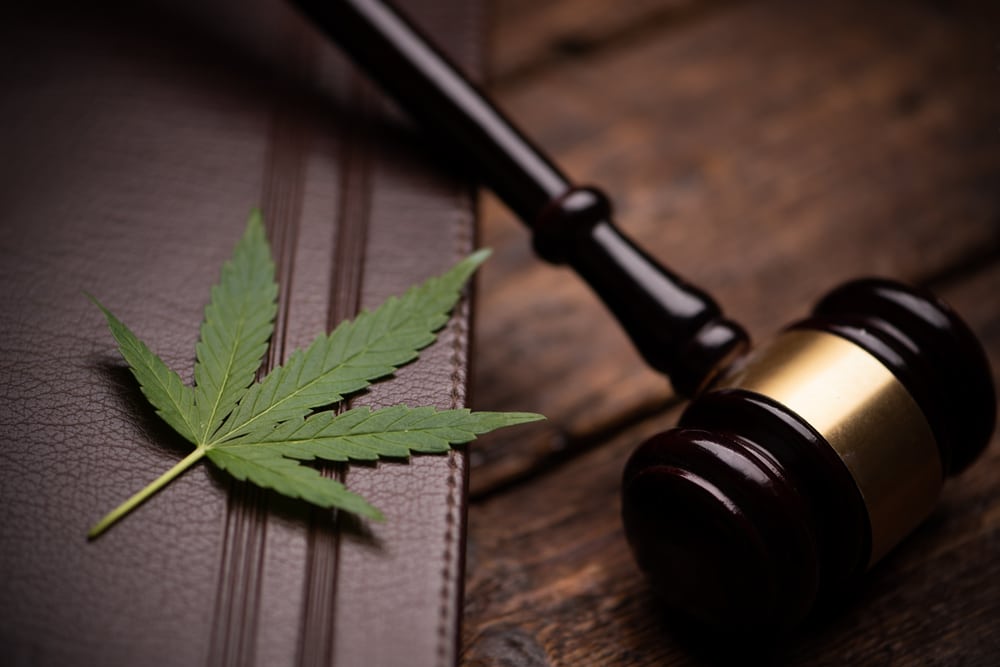A DWI is a serious matter in New York. While these situations can be stressful and overwhelming, many people are not sure what they should do or how they should proceed. Critically, there are certain mistakes that are commonly made which could impact your case and result in harsher penalties. If you are facing a DWI, it’s crucial to avoid making the following mistakes:
Mistake #1: Incriminating Yourself
If you’ve been pulled over for drinking and driving, it’s important to be courteous and respectful to the police. But you do not have to answer their questions — you can politely decline and ask to speak with an attorney. While you should not lie to the police, the best thing you can do is remain silent. Anything you say can be used against you in court.
Mistake #2: Not Being Represented by a DWI Attorney
Many people mistakenly think they can handle a DWI on their own. However, representing yourself can be detrimental to the outcome of your case. An experienced DWI attorney can advise you regarding your rights, help you navigate the legal process and they will know how to challenge the evidence against you. Importantly, they can assist you with avoiding a conviction and the life-altering consequences that can come with one.
Mistake #3: Not Taking Your Case Seriously
A DWI conviction is serious and can have lifelong ramifications. Not only would you have a criminal record, but there are no expungement laws in New York — a DWI would remain on your record for fifteen years. Even if it’s your first DWI, you could face a substantial increase in insurance costs, in addition to the legal consequences. Critically, if you are charged with a second DWI within a ten-year period, it is a felony offense with a punishment of up to four years in jail.
Mistake #4: Just Pleading Guilty
The prosecution bears the burden to prove its case against you beyond a reasonable doubt. It’s crucial to understand that you can raise Constitutional, evidentiary, and scientific challenges to fight the charges against you. If you plead guilty, you forego your right to fight the charges and you will face an automatic conviction which can mean jail time, loss of your license, and substantial monetary fines. However, if you fight the DWI, you have a chance at a much better outcome.
Mistake #5: Disobeying the Driver’s License Laws
Driving with a suspended license is a criminal offense. If your license was suspended due to a DWI, and you continue to drive, you could face a charge of Aggravated Unlicensed Operation. The penalties for this offense can include monetary fines, probation, imprisonment, and license revocation.
Mistake #6: Posting About Your DWI on Social Media
It’s vital not to post anything about your DWI on social media platforms to avoid complicating your defense. Even if your account is set to private, it’s important to remember that anything you post can potentially be used by the prosecution. The prosecution and investigators can go through your posts, as well as posts you’ve been tagged in, to find photos of you consuming alcohol shortly before you were arrested. In addition, any statements you post about your DWI after the fact could be misconstrued and used against you in court.
Contact an Experienced New York DWI Attorney
DWI cases are complex — if you’ve been charged with a DWI, it’s essential to have a knowledgeable DWI attorney who can advise you regarding your rights and help ensure you avoid mistakes that could impact your case. The attorneys at D’Emilia Law offer skillful counsel and high-quality representation for those who have been charged with DWIs in New York. To schedule a consultation, contact us at 1-888-DEMILIA

